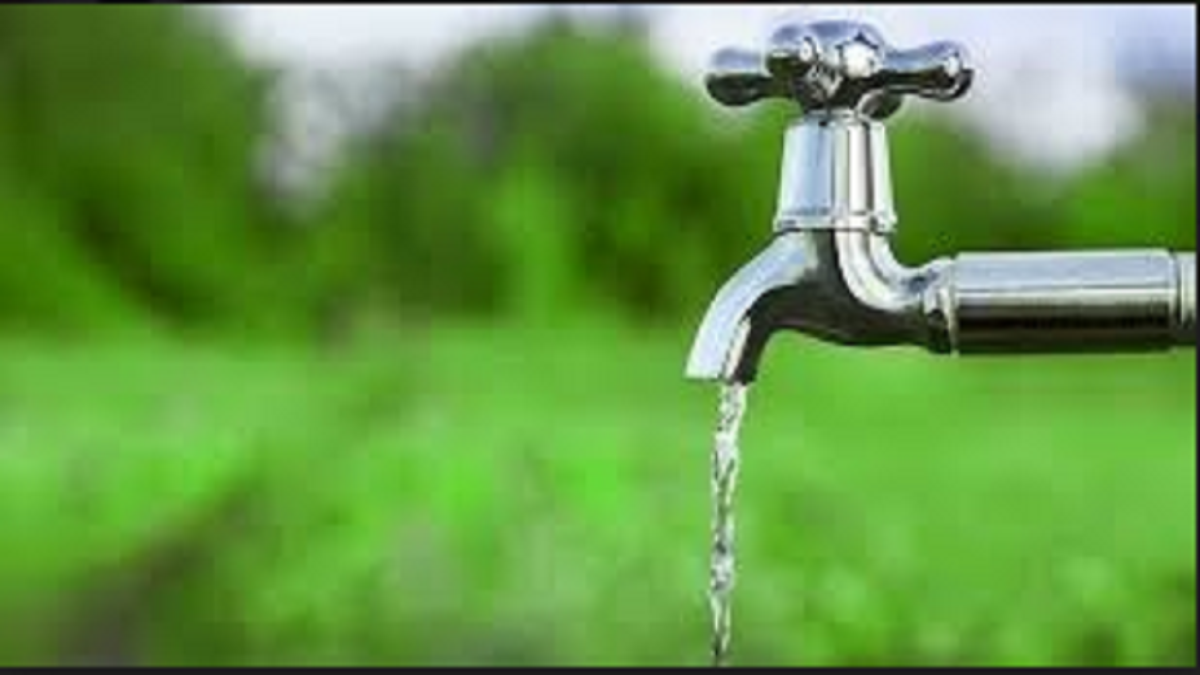


Bharat Lal, Additional Secretary and Mission Director, National Jal Jeevan Mission (JJM) said, “Awareness is an only key in engaging communities to own, operate and manage their in-village water supply system for ensuring regular and long-term clean tap water supply in rural homes.” He was delivering keynote address in an interaction organized by UNICEF WASH (Water, Sanitation and Hygiene).
Lal said that the aim is to make every village a ‘WASH-enlightened village’. To ensure transparency and accountability in the implementation of Jal Jeevan Mission, he said that all information about Jal Jeevan Mission is in public domain and the JJM dashboard can be accessed at https://ejalshakti.gov.in/jjmreport/JJMIndia.aspx. Demonstrating use of deep technology, digital governance and sensor based iOT system through the JJM dashboard, he emphasised on how the lives of millions of rural households across India are being transformed by providing them clean tap water and removing age-old drudgery from the lives of women and children.
Lal said, “The focus under mission is to ensure clean tap water supply to all rural households as well as every school, AWCs, PHCs, CHCs, community centers, etc.”
Chief of WASH, UNICEF India, Nicolas Osbert, said that JJM has been walking the talk, and is providing clean tap water supply to every home and thus empowering communities, and promoting hygiene, cleanliness and environmental sustainability.
The states undertake activities like strengthening the Village Water & Sanitation Committee (VWSC) or Pani Samiti and developing Village Action Plan (VAP) in the Gram Sabha wherein the community deliberates on water concerns affecting their daily lives. The states are organizing intensive training and skilling programmes, especially on water quality surveillance to five persons mostly women in every village and local persons as masons, plumbers, electricians, motor mechanics, fitter and pump operators.
With Government’s focus on water supply and improved sanitation, 15th Finance Commission allocated Rs. 26,940 Crore tied grants to RLBs/ PRIs in 2021-22 for supply of drinking water, rainwater harvesting and water recycling, and sanitation and maintenance of ODF status. There is assured fund of Rs. 1.42 lakh Crore for the next 5 years from 2021-22 to 2025-26.
Lal said, “At the start of the mission in 2019, out of 19.20 Crore rural households in the country, only 3.23 Crore (17%) had tap water supply. Despite challenges faced due to Covid-19 pandemic and subsequent lockdowns, over 5.44 Crore (28.31%) households have been provided with tap water supply since the launch of the mission.”